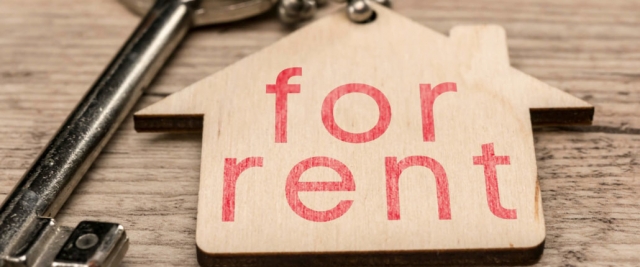
Cost of Landlords Insurance
Current rates are around 20% to 25% higher than your regular home insurance policies. So for instance, if you pay $800 a year for your home, expect to pay $1,000 a year for your rental property. This is what to expect in the case of long term rentals. If you rent out your property for short periods of time via sites like AirBnB you will likely face an even higher cost due to the increased risk posed by multiple renters. You can expect the cost to be as much as double your personal home insurance policy.
Factors That Impact Your Quote
Like any insurance policy, the quote you are provided with is a complex calculation based on the information you provide and the risk factors associated with your property. There are some things out of your control such as the location of your property and the materials used during construction but there are other factors such as safety devices installed (fire alarms, home security systems) that are under your control and can bring your insurance costs down considerably. Some other factors that will determine the final cost of your insurance policy are;
- The value of your property
- The number of homes in your property (is it a block of condo’s or a single home)
- The age of your property
- The location of your property
- The condition of your property
- Crime rate in that location
Other Important Aspects Of Your Policy
As with any insurance policy, the devil is often in the detail and its important you read the small print before agreeing to purchase a Landlord Insurance policy. Make sure you understand what is covered and what is not – if you have a separate building on the property (a guesthouse or garage), is this covered or do you need a separate policy for that? Does your policy provide you with cover in the event of personal injury? Does it protect you from lawsuits from your tenants? If your tenants turn out to be a nightmare, does your policy cover you for lost income?
Umbrella Policies
If you own multiple properties, you should ask your provider for an umbrella policy that can cover all of your rentals in one combined plan. These policies often provide the comfort of additional liability protection. There are cases where you can claim up to an additional $1 million worth of liability damage coverage for a $250 or $300 payment a year.
Deductibles
Deductibles apply to Landlord Insurance policies like most other insurance types. The deductible on a landlord policy will likely be a decent chunk of change so don’t plan to claim on your insurance every time a coffee machine breaks down. The policy exists to cover you in the event of expensive damage to your property and its contents. Like other insurance policies, you can adjust the deductible to lower your monthly/annual costs. A higher deductible will lower the quote while a lower deductible sends a message to the insurer that you are more likely to use the policy. Hence the quote will increase.
Renter’s Insurance
All landlords should encourage their tenants to take out their own “renters” insurance policy to cover their own possessions. Some landlords even insist on it and will include the cost of it in the rent they charge. Renters insurance costs a few hundred dollars and gives both you and your tenants additional peace of mind in the event of theft, fire or flood. You could also argue that tenants who bring their own insurance policy are likely to be more responsible tenants.
Landlords insurance is not prohibitively expensive and the reassurance it provides landlords is worth every penny. Being a landlord is like running a business and no sensible business person would fail to protect their business with the appropriate insurance. Being a landlord should be no different. You will never get perfect tenants 100% of the time and even if you did the most perfect tenant can’t protect you against accidents, fires and natural disasters. Hope for the best but insure for the worst. Find a good insurance agent to help you find the right policy for you or use one of the many online comparison engines.
Disclaimer: Our service is not intended to be, nor should it be construed as financial advice. We help our readers make informed decisions via impartial information and guides. Where appropriate, we may introduce partner companies who can provide services relating to financial products.